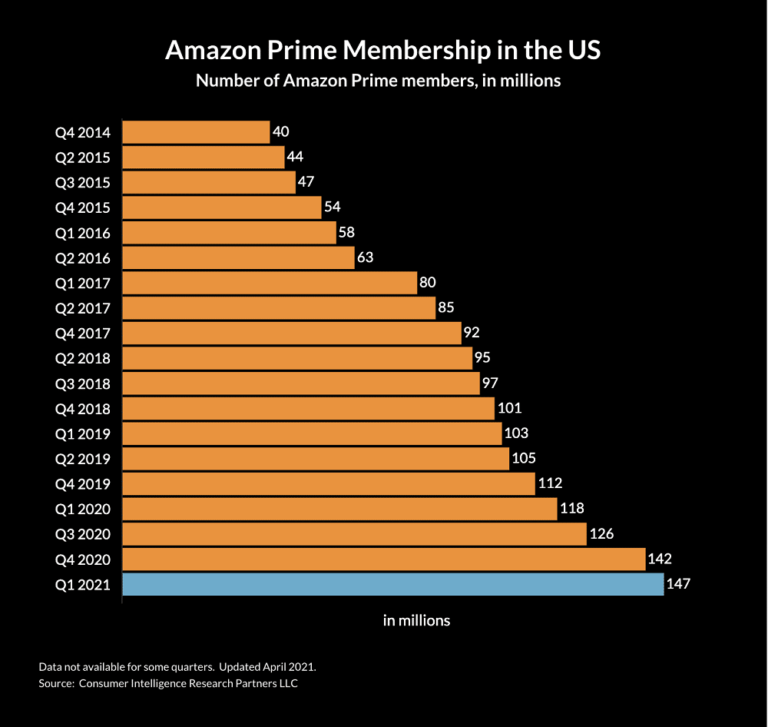Trends: Sustainability in Marketing

Sustainability in business relates to thriving over time in a way that protects and replenishes resources. Consumers today are more active in making the world a better place than ever before. They want to support companies that share their values and lead with strong ethics. Many companies have quickly become stewards for human beings and the planet.
What is Sustainability and How Does it Relate to Marketing?
Enter sustainability. Sustainability is defined as the avoidance of the depletion of natural resources in order to maintain an ecological balance. In other words, it means being conscious of your environmental impact on the planet. In recent years, sustainability has become a beacon for how the average consumer chooses to engage with any given brand. Like no time in recent memory, prospective consumers want to know how organizations are trying to make the world a better place and their sustainability measures. What do they stand for? What organizations do they support? What are they doing to give back?
In today’s world where we face several challenges across environmental, societal and economic spectrums, these questions have now come to the forefront of the consumer journey and are quickly becoming more important than the traditional “what does it cost,” “how long until I get it,” and “what am I getting out of this?”. Organizations must establish a “green” initiative, going beyond their own bottom line. It is their digital marketing agency’s responsibility to project that mission to their audience in the most effective way possible.
Differentiators for Sustainable Brands
Many brands have made sustainability a part of their customer experience, and in turn, have created an even more loyal customer base. A recent report indicated that 77% of consumers are more willing to purchase from a company that prioritizes corporate social responsibility. Another study found that nine out of 10 business leaders say that consumers will hold them accountable for the impact their companies have on the environment.
Some of the largest companies in the world have seized this opportunity to make sustainability a differentiator within their market and turn social responsibility into an advantage over their competition. Amazon committed $2 billion to a Climate Pledge Fund that will focus its investments on companies that make sustainable products, services, and technology to decarbonize the planet. Dell Technologies announced their goal of cutting carbon emissions by 50% by 2030 while also increasing their recycling program and using more renewable energy at their worldwide business properties.
Some brands have taken a more creative approach to sustainability efforts as a differentiator for their business. Patagonia has the “1% for the Planet” initiative that the company describes as a “self-imposed tax.” Since 1985, they have given over $100 million to support protection of land, water, climate, communities, and biodiversity. Additionally, they support and launch grassroots movements for environmental initiatives and make more than 70% of their product line from recycled materials.
Companies that prioritize sustainable practices create fiercely loyal brand advocates across a huge segment of their vertical. When the market is full of similar offerings, brands that make the choice to minimize their carbon footprint stand out among the competition.
Sustainability and Food
Big food companies, such as Danon, Nestle, and General Mills, are starting to take a more significant role in environmental sustainability. What’s good for the planet has quickly become what is good for business.
With the COVID-19 pandemic in 2020, consumers became acutely aware of the challenges in our food supply. In 2021 and beyond, we can anticipate consumers will lean into brands that are at the intersection of socially and environmentally responsible. COVID-19 highlighted the social inequality and health issues in society, which has shifted many companies to focus on community support and ensure no socioeconomic segment is left behind.
Why Should You Have a Sustainable Marketing Strategy?
Consumers have an increasing desire to connect with and support brands that share their values. If you want to appeal to your existing and prospective customers, it is important to position your internet marketing service to show how your brand is involved in the areas that matter most to them.
Currently, there is an ever-growing consumer base that is seeking brands that share their values around sustainability. Deploying a sustainable marketing strategy to showcase how your brand is implementing eco-friendly processes, packaging, products and/or services will help to appeal to these consumers (and our planet will thank you also).
Sustainability is even more crucial for the younger generations which are making up more and more of the purchasing power. If you seek to attract younger consumers, you need to show that your brand shares and embodies these values and goals of social responsibility and environmental activism.
Best Practices for Sustainable Brands (messaging and positioning that have resonated)
Successful sustainable brands know that authenticity is key and must be at the heart of everything they do in order for their messaging to resonate with consumers. Alignment with target customer values must be at the forefront of every campaign.
Many brands have succeeded in this by tapping into origin stories, focusing on themes such as transparency, social responsibility, environmental integrity, developing emotional connections and above all else – being consistent in all that they do.
In an overly-saturated space, brands that truly stand out tell a tangible story, while simultaneously evoking an emotional response and creating value. What they stand for is consistent down to their core and they ensure anyone they associate their brand with embodies their values. They put what they preach into practice on a daily basis and have a unique story to tell that will set them apart from the rest. What does your brand stand for and why should companies care about philanthropy?
Now more than ever you should assess your brand and define your sustainability strategy. What are you as an organization actively doing to better the world for future generations? It is clear that the future of business encompasses all things “green”. Will you be ready?
Our Editorial Standards
Reviewed for Accuracy
Every piece is fact-checked for precision.
Up-to-Date Research
We reflect the latest trends and insights.
Credible References
Backed by trusted industry sources.
Actionable & Insight-Driven
Strategic takeaways for real results.




